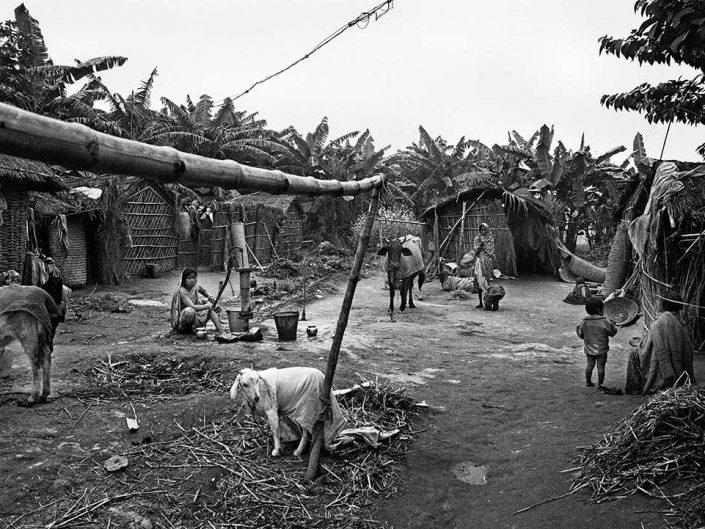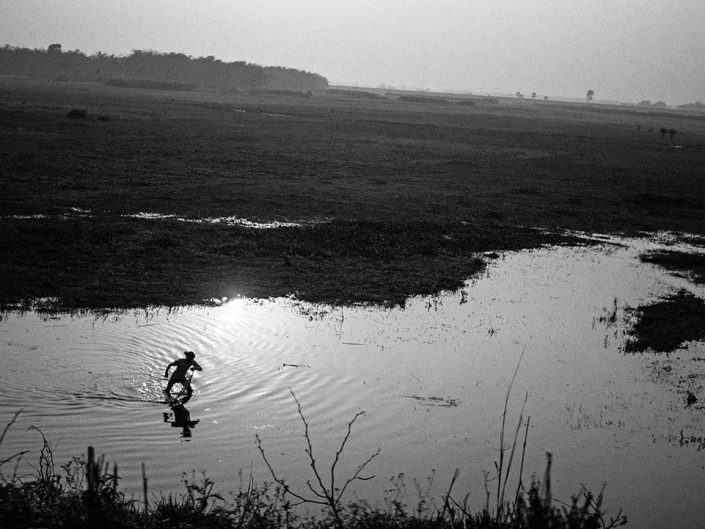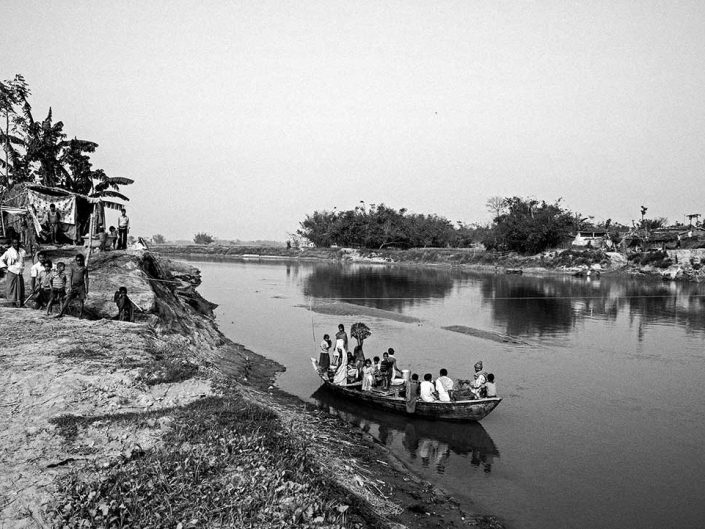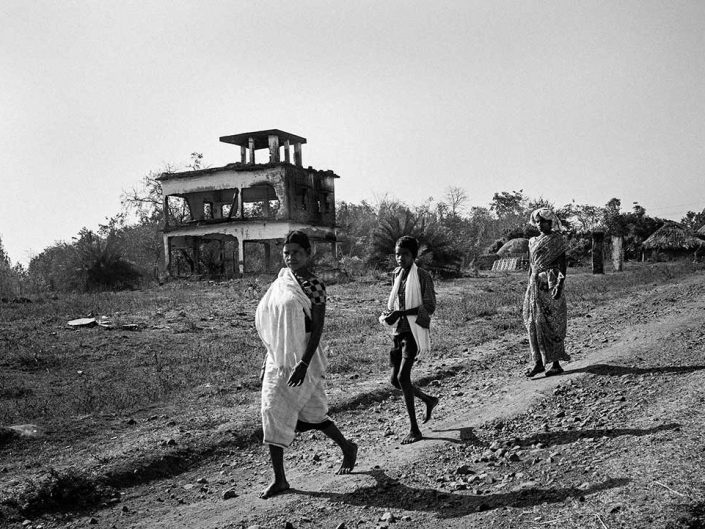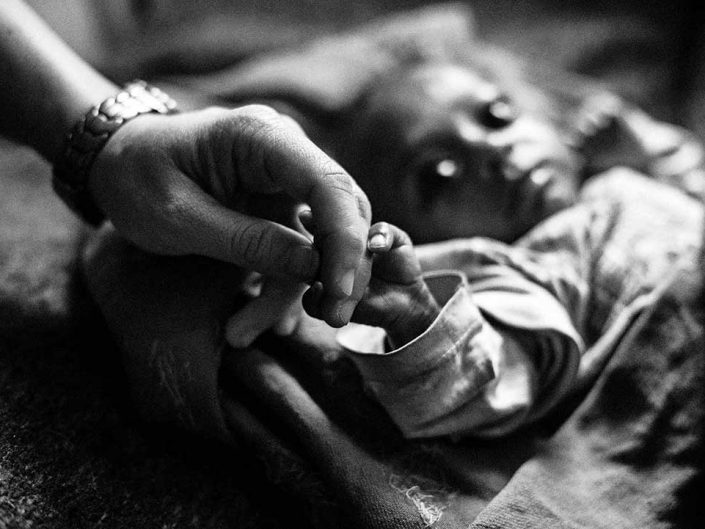



















While We Looked Away
Contemporary India presents a highly developed image of itself to the rest of the world. However, in parts of the country, barely known to even the most well-informed, many citizens lack the basic medical facilities needed for survival. In these remote areas, people living with conflict, natural disaster or social distress have no access to fundamental healthcare.
I have known a tribal mother, nine months pregnant, walking from a village in Chhattisgarh along a jungle path for six hours to reach the border of Andhra Pradesh to get treatment for her son’s deadly malarial fever. In a remote village in Manipur, I have come across mothers infected with HIV who have no means to know if they have transmitted the virus to their children. Inaccessible terrains and the ongoing low intensity conflict in the region make access to healthcare a great challenge. Elsewhere in Bihar, which has the most malnourished children in the country, I have seen children between the age of 8 months and 3 years looking just like the emaciated kids I have seen in photographs from sub-Saharan Africa.
The idea behind this exhibition of photographs is to highlight our failure to notice the suffering of those we regard as others. Into the continuing tendency of our society’s casual neglect comes Doctors Without Borders / Médecins Sans Frontières (MSF), an organization that refuses to look away. For the past 15 years, MSF has been providing medical assistance, free of charge, to patients from the remote areas of Kashmir, north east India and central India, as well as from the fringes of Mumbai.
This series of photographs shows not only the work MSF does but also attempts to capture the daily lives of its patients, who eke out an existence in the most challenging conditions. It is also my appreciation of these doctors and to their enduring and indispensable acts of compassion. It is a compassionate and unflinching portrait of healthcare on the margins.
Visit MSF India’s page for more information: Access to Health Care


